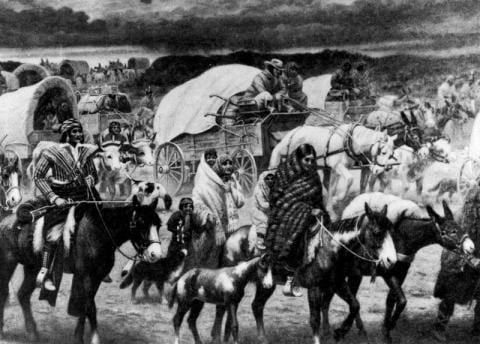
Following the Trail of Tears in 1838, there were three groups of Cherokee living in Oklahoma: (1) The Old Settlers who had moved to the west prior to the 1830 Indian Removal Act, (2) the Treaty Party who had signed the removal treaty and had been moved in relative comfort, and (3) the National Party who had been forcibly removed by the military. In Oklahoma, the Cherokee came together under a new constitution. The first challenge to this new constitution came in 1840.
In 1840, Archilla Smith, a member of the Cherokee Treaty Party, got into a frivolous dispute with John MacIntosh. In his anger, Smith stabbed MacIntosh to death. Under the new Cherokee Constitution, Smith was arrested and tried for murder.
Stand Watie, another prominent member of the Treaty Party, was the counsel for the defense. Watie pointed out that there was no real evidence that Smith had actually done the killing. He argued that the government’s witnesses had been inconsistent in their testimony. In addition, Watie argues that if Smith had indeed killed MacIntosh, then the death should be considered self-defense rather than murder. He pointed out that MacIntosh had provoked Smith and, given the violence of the times, MacIntosh had been killed in self-defense. Watie asked the jury to find Smith not guilty.
Watie’s words did not convince the jury. Smith was found guilty and sentenced to be hung. A petition for pardon was presented to Chief John Ross with “a desire that peace and harmony prevail.” With the tensions among the various factions in Cherokee society at the time, the petitioners implied that hanging Smith would lead to more violence.
Ross did not respond to the request and Smith was hung. Later some people would claim that Ross had ignored the petition because of his animosity against Watie. Ross was the leader of the National Party and Watie was one of the leaders of the Treaty Party. Forced to defend his actions, or, rather non-action, Ross would claim that the Cherokee chief had no power to grant pardons which would undo the will of the court.
As a result of this trial, many members of the Treaty Party faction were skeptical about the impartiality of the Cherokee government and its courts.
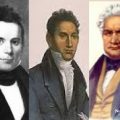
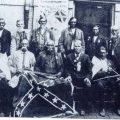
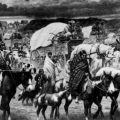
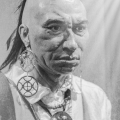
Leave a Reply